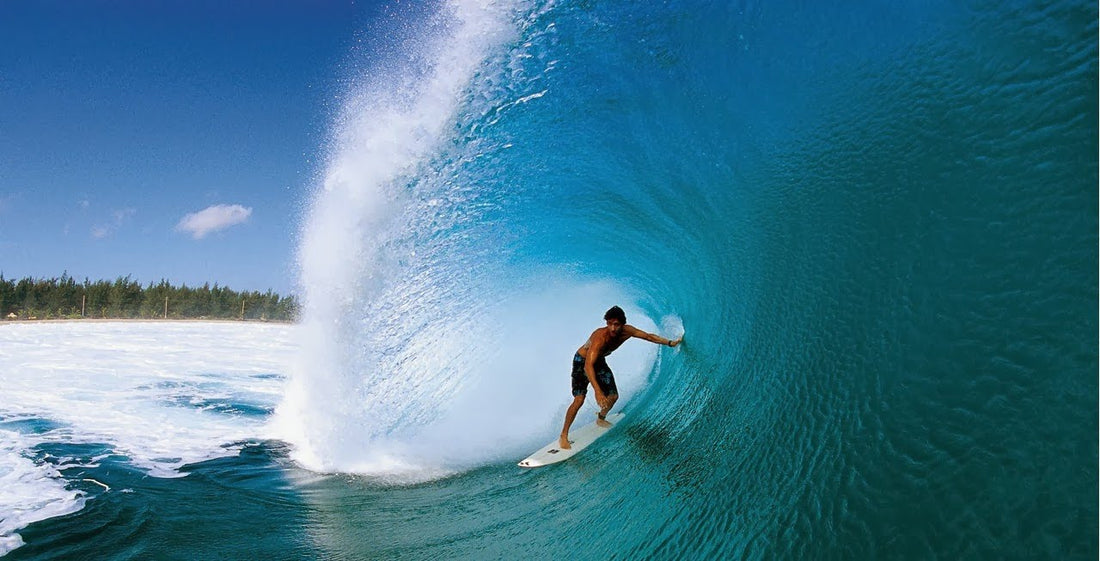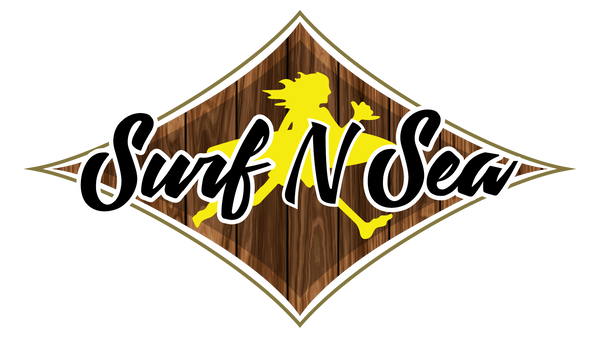
Can You Go Scuba Diving Without A Certification?
Share
You may be wondering if you can scuba dive without a certification, and yes you can! You need to be under the supervision of a certified instructor, who you feel comfortable with. It is a great way to dip your toes into the world of diving, and if you really enjoy the experience, you can then look into getting certified. Now let’s dive in and see what the underwater world has to offer!
What Does Scuba Diving Have To Offer?
From birth, man carries the weight of gravity on his shoulders. He is bolted to earth. But man has only to sink beneath the surface and he is free.
–Jacques Yves Cousteau
You may have heard the name Jacques Cousteau from his underwater films and documentaries, but most people don’t know he is considered the father of Scuba. This quote accurately depicts the feeling most divers come to know and search for every time they reach for their scuba gear to prepare for a dive or dive trip. In the underwater world, we become weightless, able to “fly” over canyons, and dive down submerged mountains, seeing all manners of life that would be otherwise unknown. For scuba divers and other diving-based athletes, the world becomes 70% larger, as the world is primarily covered in water, opening up a whole new realm to explore and love!
So you’re now interested in Scuba, what’s your next step if you’re not certified you ask? Well, you should search for a reputable PADI dive center that has the option for “Discovery Scuba Dives” (non-certified dives). If you happen to be in Hawaii, here at Surf N Sea we are a PADI dive center and we do offer Discovery dives as well as certifications all the way up to Dive Master, Our head instructor has been here diving in Hawaii for 15+ years and has a 100% safety rating. So if you’re on your way here, or looking for a tropical getaway and something fun to try Contact us with any questions you have about scuba diving on your vacation!
Scuba Diving is a physically demanding activity, and you should consider your fitness level before starting.
Why Should I Get Certified If I Don’t Need To Be?
Getting your certification will allow you to dive recreationally on your own, without the supervision of a Dive Instructor. What does that mean? If Scuba Diving is something you really like, getting certified is the next step, so you can enjoy the sport on your own anywhere in the world that has dive sites. It trains you and helps you learn a plethora of things that are needed to successfully scuba dive, such as knowing the must-have supplies for scuba diving.
This will also open you up to a community of divers allowing you to meet new people and make friends around the world. As well most Dive centers that rent gear will require you to have a certification before they allow you to rent. If you opt to buy your own gear and happen to live in an area with great diving like here in Hawai’i getting your personal tanks filled also typically requires a certification. Lastly, your Scuba certification will not expire, so you don’t have to renew it ever, but if you haven’t been able to dive in a long time there are also refresher courses available if need be. So on your next adventure, if you decide to take a chance and do a discovery dive only to find you love the underwater world, we here at Surf N Sea would suggest taking the next step and getting certified.
What Are The Different Scuba Diving Certifications?
There are multiple certifications divers can obtain depending on accessibility, and what type of dives interest them most. Often recreational divers will get their open water which is the initial certification or the Advanced open water beyond that you will get to a rescue diver and then you start your journey into the professional realm of diving.
In your Open Water Course, you will learn the basics of diving, which will include safety, the effects while being in the water, as well as after, and how to mitigate them. This certification will certify you to a depth of 18m/60ft and allow you to partake in dive trips and tours at a lower rate than a discovery dive.
If the open water course isn’t enough and you want to continue your dive education then you would look next to become an Advanced Open Water Diver. The AOW will refine the skills you learned in your Open water course and allow you to explore a broader variety of diving. This certification will allow you to dive to 30m/100ft and requires you to learn an underwater navigation specialty and Deep Diving along with 3 other choices from a list of 18 including fish identification, underwater photography, and many others.
The next certification you can work towards would be a Rescue Diver which will help teach you advanced rescue techniques for Scuba. This certification requires CPR and first aid training within the past 24 months and will train you how to be a more apt dive buddy and safer Diver all around.
After these three certifications, you will start going into the professional level of dive training with a Divemaster Certification. This certification is typically started as a candidate program typically offered by an instructor who sees potential in you and your diving skills to become a Divemaster.
Scuba Diving Certifications in Hawaii
If you have a vacation planned in the Hawaiian Islands and are looking to scuba dive, check out the dive shops located near you. Most shops offer an Open Water Certification Course to start your diving adventures. If you don’t want to get a certification, some places will offer Discovery Scuba Dives that show you what scuba diving is all about. Do some research and pick what is right for you.
Hawaii is a fantastic destination for scuba diving. You will have an abundance of businesses to choose from no matter what island you are staying on.
Get Your Certification with Surf N Sea
If you happen to be traveling to Oahu make sure to check out Hawaii’s Oldest Surf and Dive shop Since 1965, Surf N Sea for all your Scuba needs!
Our highly trained staff and instructors offer everything from introductory dives to Divemaster certification. Reach out to us today at (800) 899-7873 with any questions about your vacation. We look forward to seeing you!
